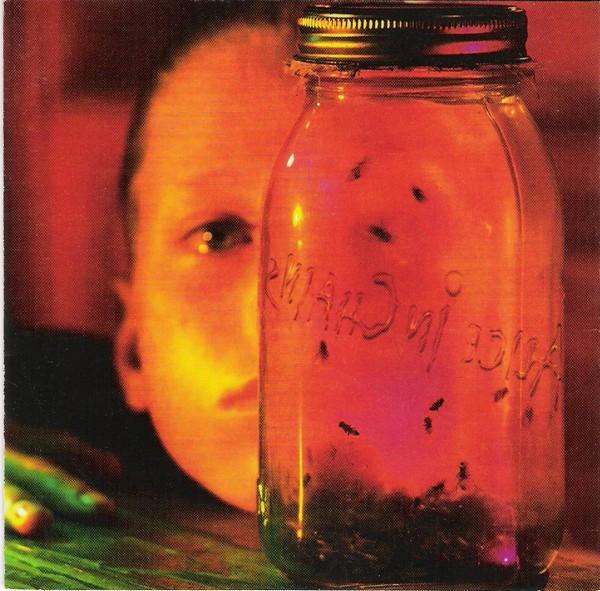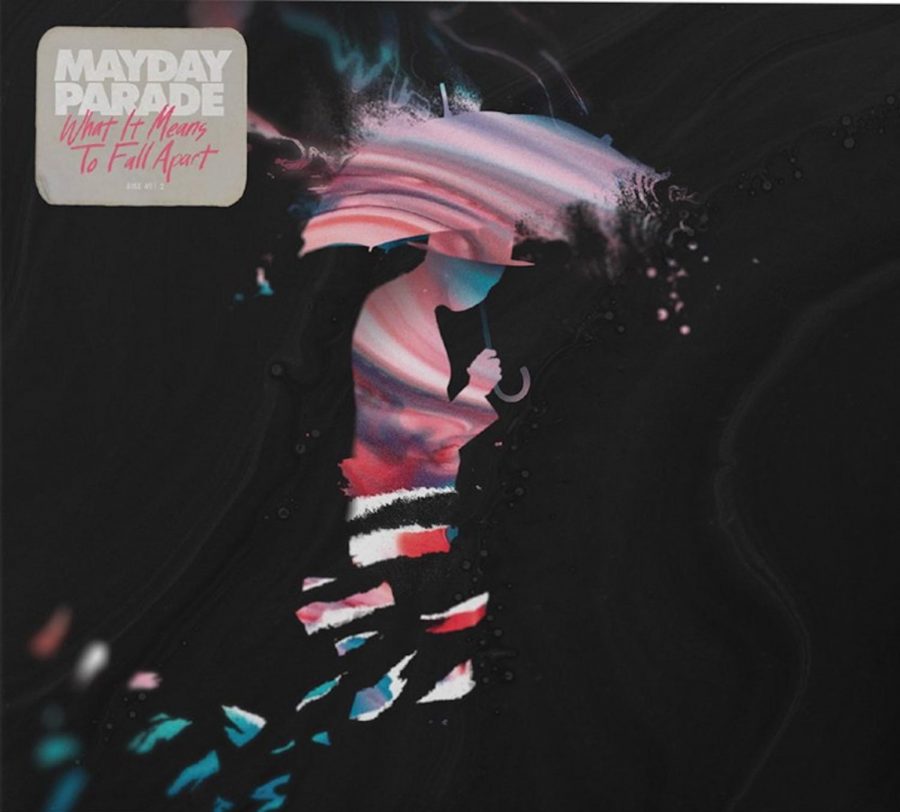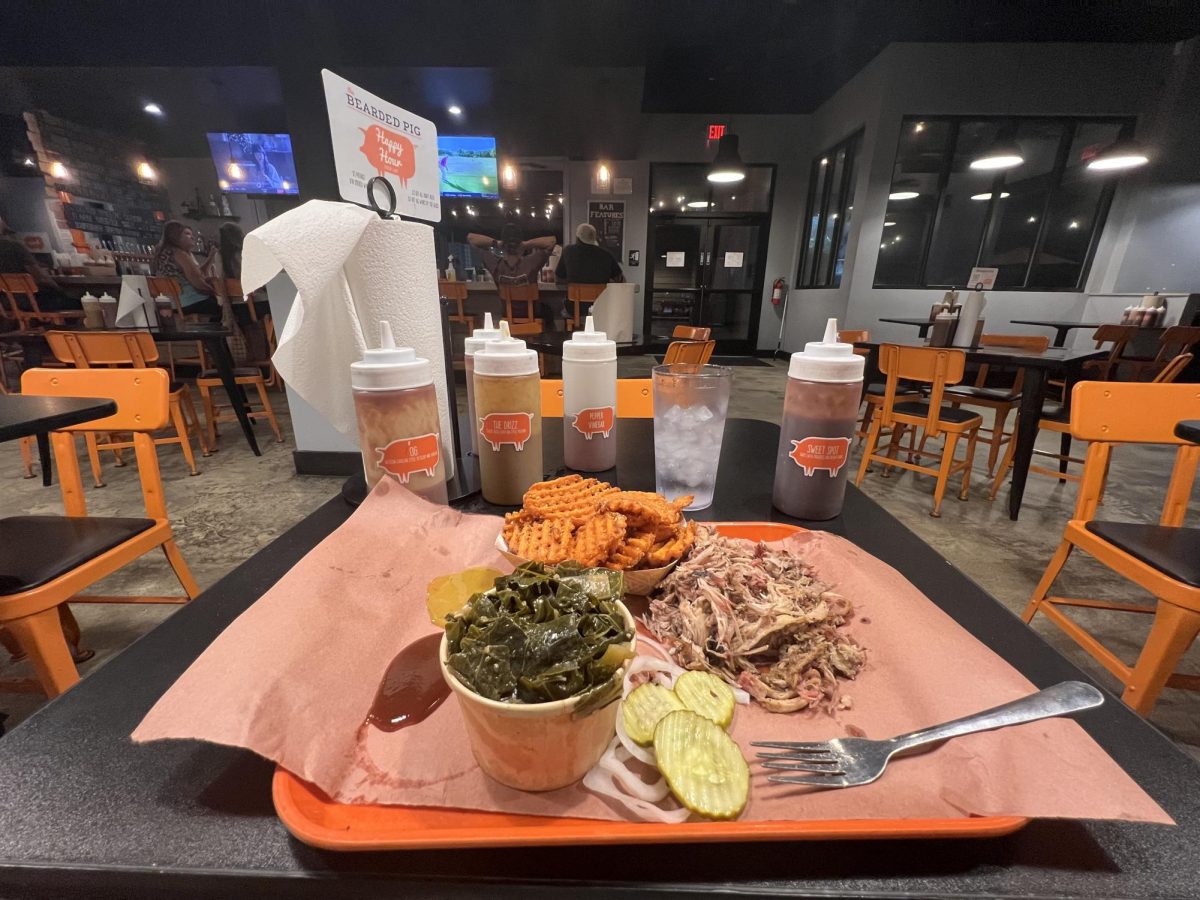The title track of Miley Cyrus’ Younger Now begins with the delicate tapping of rain on a window. Then, the first rays of sunshine break through the clouds with the simple strum of a guitar. As the percussion kicks in, the skies become the bluest they’ve ever been as Cyrus rejoices in her love for her ever-evolving identity:
“Feels like I just woke up / Like all this time I’ve been asleep / Even though it’s not who I am / I’m not afraid of who I used to be.”
It’s been almost four years since Cyrus infected radios across the country with Bangerz, a bass-bumping blend of hip/hop and pop tunes. With Younger Now, she’s substituted the heavy synths and trap beats with acoustic guitars and an emphasis on her unique vocals. And the result is the most free-spirited album to come out of her discography so far.
It’s seeping with pure bliss and authenticity. Rainbowland features country legend (and Cyrus’ godmother) Dolly Parton, and their vocal pairing is as elating and colorful as the song title suggests. The guitars and the harmonies emulate a contagious optimism for better times ahead, a feeling that persists even when we’re given no reason to latch on to it. Cyrus and Parton grab hold and don’t let go.
It’s tender moments like these on the album where Cyrus hits the hardest, her restraint a powerful force subtly but effectively utilized. Miss You So Much captures this essence with a minimalistic production of mostly light guitars as Cyrus dances over her runs and finishes them with the softest touch. I Would Die for You and She’s Not Him are also delicate pieces that stir emotions with their earnestness.
Younger Now is not all rainbows and sunshine, though. It still maintains a little a zip and some feistiness with a few tracks. Week Without You is cool and apathetic as Cyrus wonders how much fun life would be without the “bad attitude” of her love interest messing with her joy. Piano keys occasionally peek through the guitar strings here. Thinkin’ finds her being suspicious of what this lover is doing when she’s not looking. The verses are fun and sassy with a little hot sauce at the end of her phrases, but the chorus is a bit of a letdown with bland repetition replacing the sharp spontaneity of the verses. Bad Mood showcases a background echo that soars over the low hum of the bass. The percussion here is steady, sounding like a tavern of people repeatedly banging their cups against a wood table.
With these edgier tracks, Cyrus can sometimes be heard singing in unison with herself but in the next-highest octave. This blend of vocals is one that doesn’t always deliver, and it occasionally takes away from the slickness of her strong lower register. See A Week Without You’s chorus for an example.
However, there are also moments where Cyrus’ belting controls the power it holds, like in the album’s closer Inspired. An anthem for change, the song visualizes her looking up at the sky questioning, “How can we escape all the fear and all the hate? Is anyone watching us down here?”
Miley Cyrus has been a polarizing artist for quite some time since her departure from Disney stardom. Her journey from a young pop princess to an edgy rule breaker to a mellow folk singer would have some quick to label this transition as an identity crisis. But Younger Now finds solace in the woman Cyrus has become and cherishes the memories of the girl she was before. And the two may not be so different from one another in the end. This album finds peace in the reflection.
It seems the masses have been trying to put Cyrus in a box ever since she was little. Younger Now is difficult to musically categorize, which makes it all the more appropriate for a musician who’s been defying strict definition for years. If there’s one thing we can predict from her latest work, it’s that Cyrus will continue to follow nobody’s rules but her own.
Sails: 4/5

__
For more information or news tips, or if you see an error in this story or have any compliments or concerns, contact editor@unfspinnaker.com.











